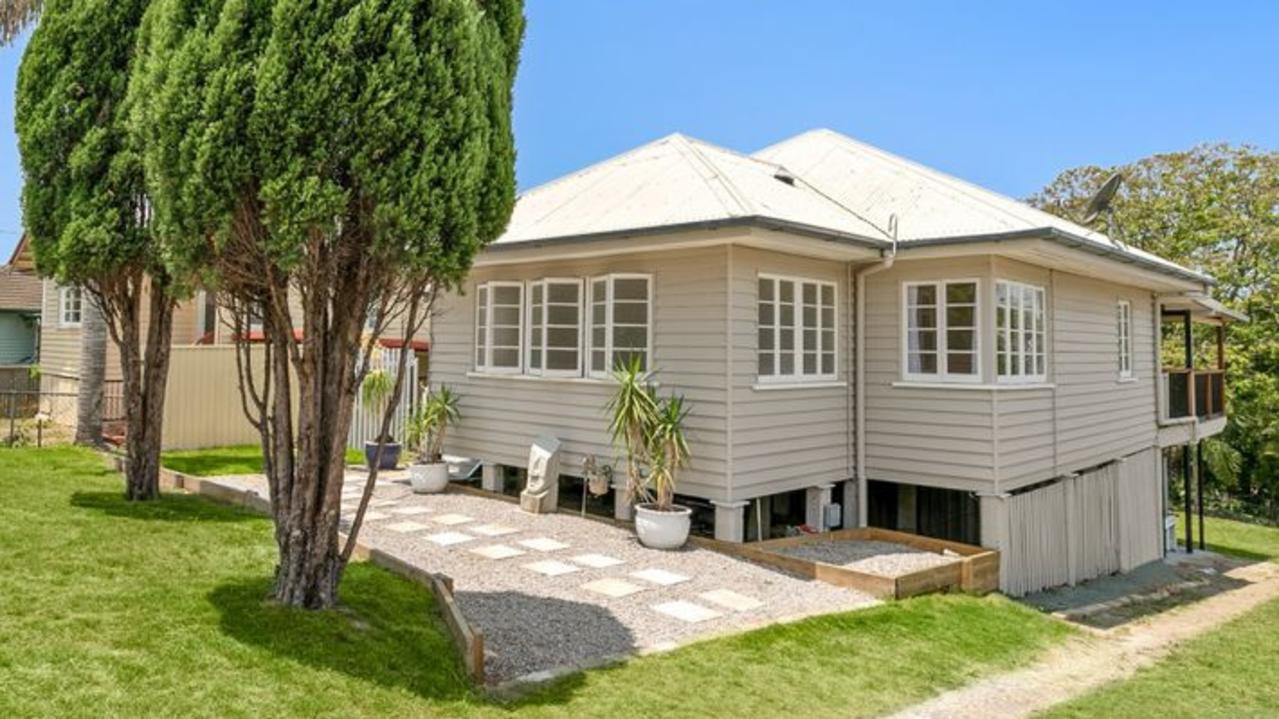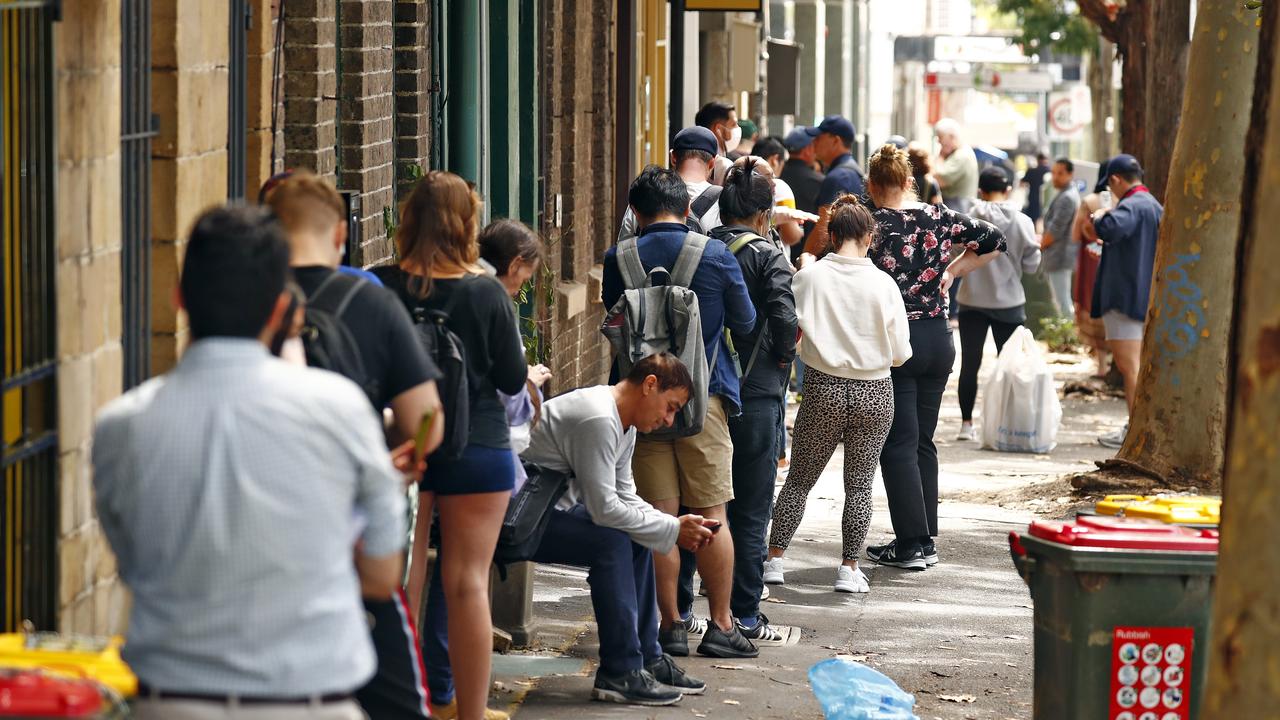Housing market: ANU report reveals grim sign for house prices
An alarming study has revealed the “incredible stress” Australians are suffering through to try and afford rent and mortgage each week.
Property experts are bracing for a sharp fall in housing prices after a new report confirmed the coronavirus crisis led to the number of Australians unable to pay their rent or mortgage on time more than doubled.
A survey from the Australian National University revealed those who were unable to service regular housing costs surged from 6.9 per cent to 15.1 per cent from April to May.
It’s well documented younger generations are more vulnerable to economic shocks and this demographic is suffering as the nation slides into its first recession in nearly 30 years.
“What’s also worrying is that young adults are experiencing very high rates of housing stress, with 44 per cent of people aged 18 to 24 years unable to pay their rent on time,” study co-author Professor Matthew Gray said.
RELATED: Massive blow to businesses revealed
RELATED: Aussie wages $32,000 worse off
“Young Australians are still more likely to be in housing stress once income and socio-economic status is controlled for, suggesting that there is more to housing stress than just income for this group.
“This is because their accumulated savings and wealth are likely to be low.”
The rate of those aged 18-to-24 experiencing higher levels of housing stress soared 10.3 per cent to 27.5 per cent over the month, while those aged 35-to-44 suffered a threefold increase in housing stress, rising from 5.9 per cent to 19.1 per cent.
Study co-author Professor Nicholas Biddle said the pandemic had clearly left a concerning number of young Aussies in “incredible stress”.
“And this is while they are also likely dealing with other major stresses in their lives like potential loss of income,” he said.

The prevailing fear within the housing sector is a large number of Australians won’t be able to afford to service their loan, leading to an increase of stock forced on to the market as the nation falls into recession.
This is a grim recipe for housing values to fall sharply.
“I’m a little surprised with how high they’re recording mortgage stress,” REA Group director of economic research Cameron Kusher told news.com.au.
“There’s the concern of what will happen come the end of September when JobKeeper and JobSeeker are removed and the mortgage holidays are also eased.
“But what we’re hearing from particularly the banks is there’s going to be a fairly pragmatic approach.
“And the fact borrowing costs are the lowest they’ve ever been eases that risk a little; it’s not like the last recession when interest rates were 20 per cent and the banks had to shift mortgages off their books straight away.”
Mr Kusher said the current record low interest rates will shield lenders from the need to call in a large number of its loans.
“But they can’t extend these mortgage holidays forever, so there’s definitely going to be some people in a position where they will have to sell,” he said.
“That’s why the government is so desperate to open as much of the economy as they can before September because they know that all this stuff has a relatively short lifespan and they need to get people back working.”

Australians under 30 have been more exposed to job losses throughout the virus crisis and are more likely renting than living in their own home.
This generation forced out of work is expected to forfeit their lease and either move back in with their parents or into a significantly cheaper property, with next to no migrants entering the market and placing enormous pressure on the sector.
“We will see an increase in vacancy rates, we will see some falls in rents and I think it’s going to take some time to recover,” Mr Kusher told news.com.au.
“The flow on effect is what does that mean for the property investors because if they have to reduce rent significantly they may feel that it’s better to sell that property and put it in the share market or other investments.”




